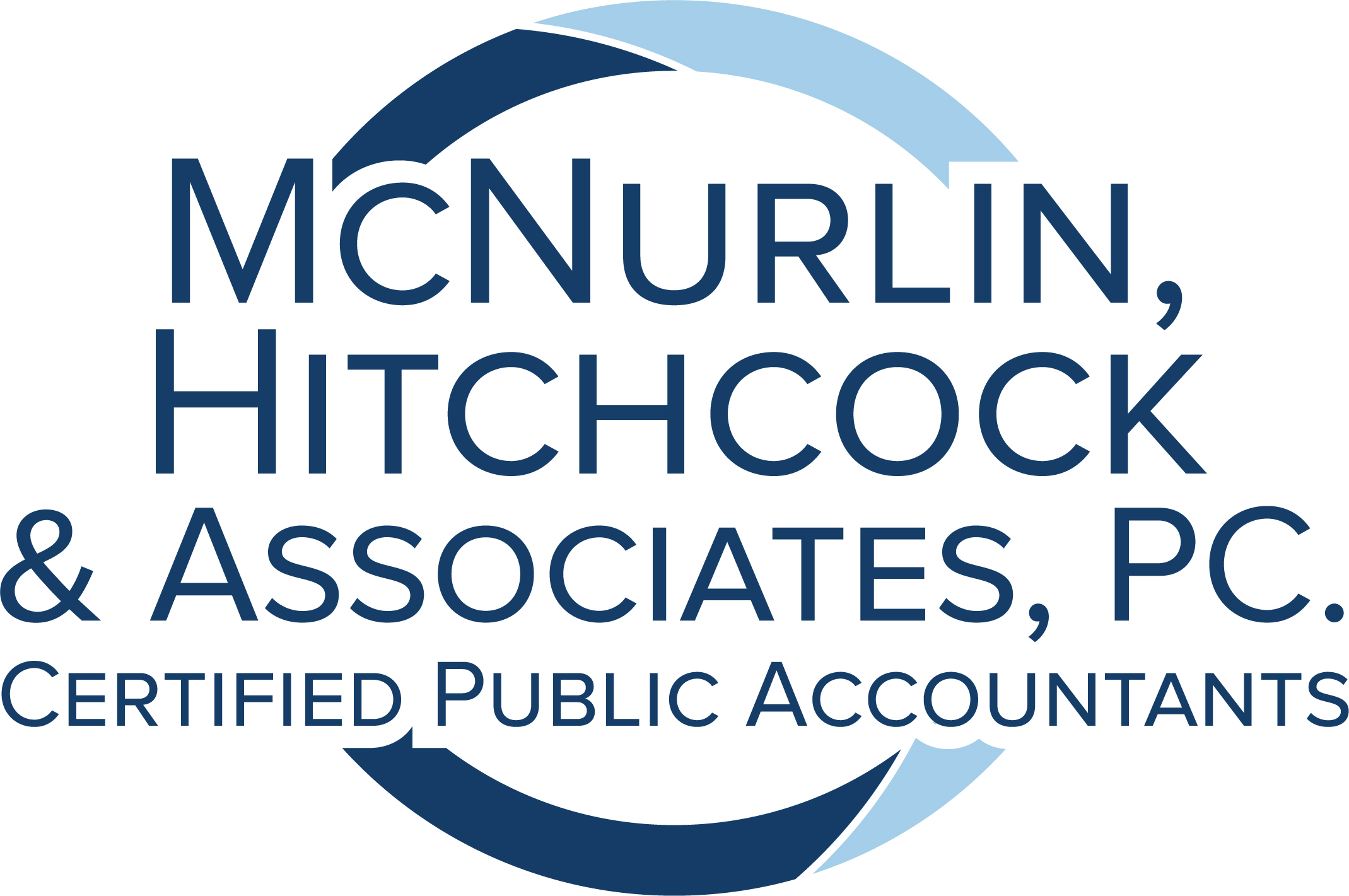
Kim Hitchcock, CPA
Today’s blog is going to talk about Homeowner Associations and taxes. Almost every Association has an annual filing requirement, even if they are registered as a nonprofit corporation, but not all income is subject to taxes.
If, after reading this article, you are uncertain how these rules apply to you be sure to enlist the support of a qualified CPA Firm. McNurlin, Hitchcock & Associates, PC offers quality tax services and paperless document management to ensure timely filing of corporate tax returns for Homeowner Associations, even in a remote environment.
Homeowners Associations can pay taxes?!
Homeowner associations (also called HOAs, CIRAs or Associations throughout this article) have a truly unique taxing structure that is often questioned and rarely understood.
During HOA budget season, we often see an increase in questions about taxes. Two examples from this week are:
- From a property manager trying to close a budget gap: “Will resort fee revenue be considered non-exempt or exempt income and subsequently taxable?”
- From a Board member faced with a tax liability for his homeowner association: “Does it make any difference that we are a Colorado non-profit?”
These are both great questions, so I wanted to share the answers with all of you.
What is a Homeowner Association?
Homeowner Associations or HOAs are unique because they are really designed to act on behalf of individual owners or members. For that reason, the HOA is not generally taxed on dues and assessments which are collected from members for the purpose of maintaining the property, even when the dues collected are more than the amounts spent in a year.
The State of Colorado recognizes the HOA as a nonprofit corporation. It is important to note that a nonprofit corporation in Colorado is not tax exempt under the Internal Revenue Code (IRC). To become tax exempt, the requesting organization must file complicated paperwork and report their mission to the IRS. That topic will be covered in a future blog. For now, the key take-away is that a Colorado nonprofit corporation is not exactly tax exempt.
Form 1120-H, U.S. Income Tax Return for Homeowners Associations
Since the HOA is a corporation, it is required to file a Federal and State corporate tax return on an annual basis. Some HOAs can elect to file a modified, shorter, form called the Form 1120-H instead of the Form 1120, but it is still a corporate tax filing.
HOAs that elect to file form 1120-H will start the process by designating each item of revenue as “exempt” or “nonexempt”. Generally, exempt income would include dues, assessments and anything that is charged to members based on their ownership interest. Everything else, such as investment income, rental income and vending income is non-exempt.
Non-exempt income, less all associated expenses and a $100 statutory deduction, is subject to tax on form 1120-H at a flat Federal rate of 30% (plus State). Associated expenses would include any costs the HOA incurred to earn that non-exempt money such as cash management costs, rental expenses, vending purchases, and management fees related to the non-exempt income.
Form 1120, U.S. Income Tax Return for Corporations
Associations that do not elect to file form 1120-H will file the full form 1120 with special rules for Associations outlined in Internal Revenue Code §277(a). Generally, this IRC section allows membership organizations to deduct operating expenses against membership income which includes any income from a member of the HOA. Everything else is designated as non-membership. This leads to two issues for the HOA:
1 – What happens when membership income (dues and assessments) exceeds operating expenses for the year?
When amounts collected from members is greater than amounts spent in the same year, the Association has something called “excess membership income”. This excess must be handled by a full ownership resolution to either return the excess to the members or apply it to the following year budget. The resolution must be signed and approved by the membership prior to the end of the year, generally at the annual owners’ meeting.
2 – What about income that is not from a member or non-membership income?
When an Association has income from non-members (investment income, rents, vending/laundry, parking, etc.) that income is called non-membership income. The non-membership income, less all associated expenses, is subject to Federal tax on Form 1120 at a flat rate of 21% (in 2020) plus State. Associated expenses would include any costs the HOA incurred to earn that non-exempt money such as cash management costs, rental expenses, vending purchases, and management fees.
As you can see, the complexity of the tax return really depends on the activities of the HOA. As a general rule, it is good to file Form 1120-H when this is available to your Association, unless there is going to be a substantial amount of taxable income where the higher tax rate would cause a substantial tax difference. Some Associations, however, are not permitted to file Form 1120-H. Talk to your tax professional or call McNurlin, Hitchcock & Associates, PC to discuss your options.
Kim Hitchcock is a CPA in Lakewood Colorado and the owner of the public accounting firm, McNurlin, Hitchcock & Associates, P.C. Kim has more than 25 years of experience in public accounting in the tax, audit and accounting fields working specifically with CIRAs and homeowner associations.
To find out more about Kim and the staff at McNurlin, Hitchcock & Associates, P.C. please visit the website at www.mcnurlincpa.com or reach out to Kim directly at kim@mcnurlincpa.com.

